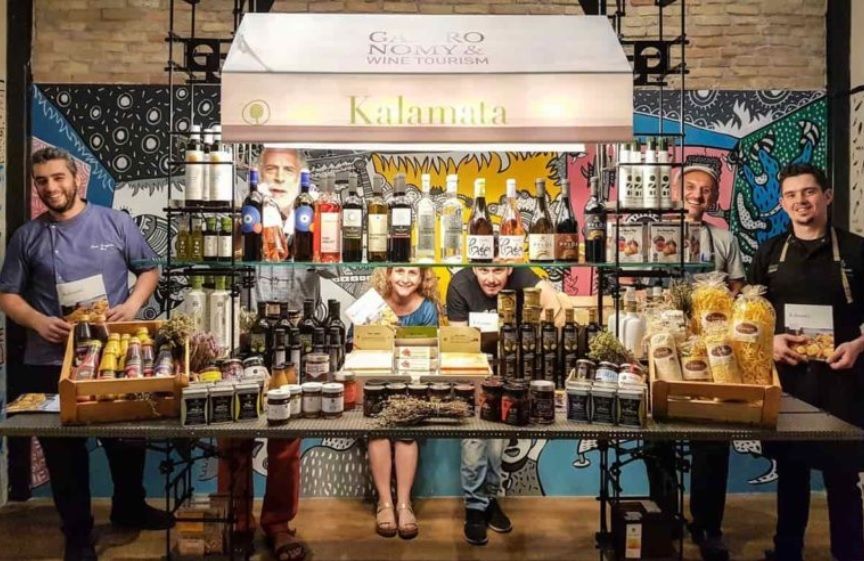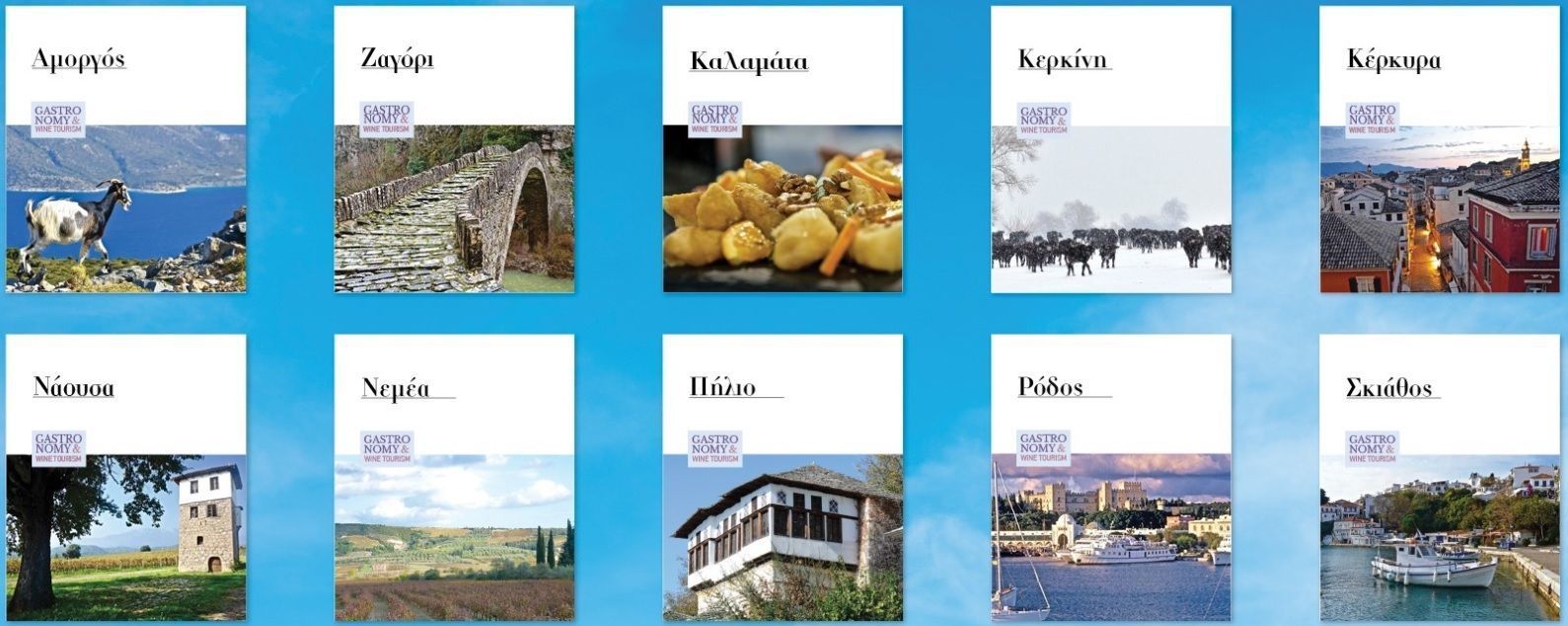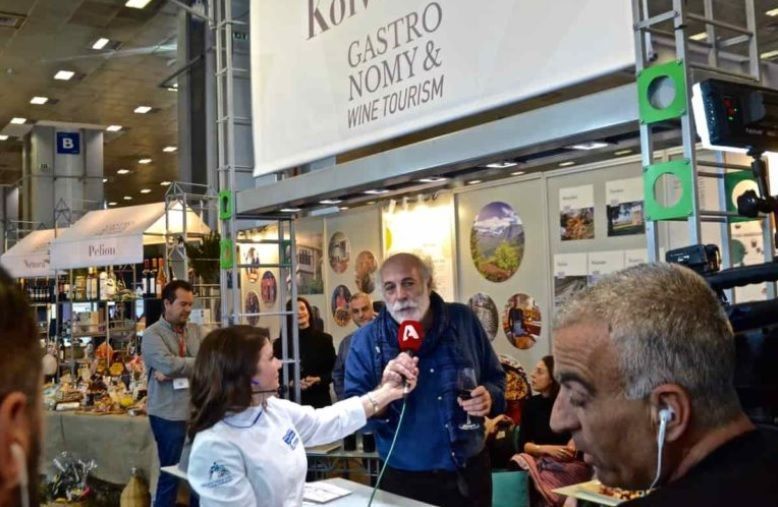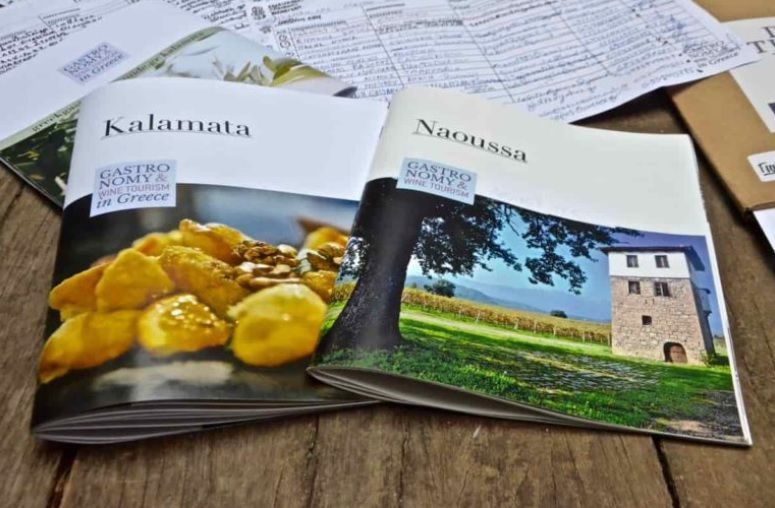New Regions Join Greek Gastronomy Clusters

It was Kalamata that started off proudly with its array of products, recipes, and gastronomic traditions becoming the first established “Gastronomic Community” under a recently launched effort to designate regions in Greece based on their food and wine products.
Now nine more regions have joined the initiative, based on the idea of Giorgos Pittas, who laid foundations for the clusters in his book the Gastronomic Communities – Gastronomic Destinations: A Call to Action.
The concept behind the project, which now includes Naoussa, Zagori, Kerkini, Corfu, Rhodes, Pelion, Skiathos, Nemea, and Amorgos, in addition to Kalamata, is for individual producers, restauranteurs, shopkeepers and hoteliers to come together, create clusters and promote their region’s foods, products and traditions through organized production, wholesale, retail and tourism.

The new additions were presented at this year’s Expotrof show demonstrating the commitment by local food and tourism stakeholders to step up efforts and promote their regions through synergies.
On display at Expotrof were local products, promotional material, food tasting events as well as the participation of chefs and producers who exchanged ideas, know-how, and plans.
Pittas, who has dedicated his work to the promotion of Greek cuisine and food products through his Greek Gastronomy Guide (GGG) portal, had initially set a goal in the first phase of the project to establish eight “Gastronomic Communities” each year, hoping to spur on other Greek destinations to take action. The latest cluster members are listed in the GGG.

Regions, areas or territories wishing to join the Greek gastronomy clusters are elected based on their popularity and tourism potential. To clarify, Pittas – together with local stakeholders – drew up a 12-principle manifesto which lays out the “terms and conditions” that will facilitate relations between cluster members but will also serve as a stepping stone to securing protected designation of origin (PDO), protected geographical indication (PGI), and traditional specialties guaranteed (TSG) status for each region’s gastronomic traditions and products.

Pittas has repeatedly stressed the importance of tapping into the eating traditions of each region to reach out to the millions of visitors who come to Greece every year. Besides recording the country’s food traditions, practices, and products, the Gastronomic Communities initiative aims to include the producers and stakeholders in the genuine travel experience, as well as offer seminars and workshops on how best to work together and create effective synergies.
Photos: Greek Gastronomy Guide




